Polar Ice Melting Is Affecting Earth’s Rotation And Altering Time
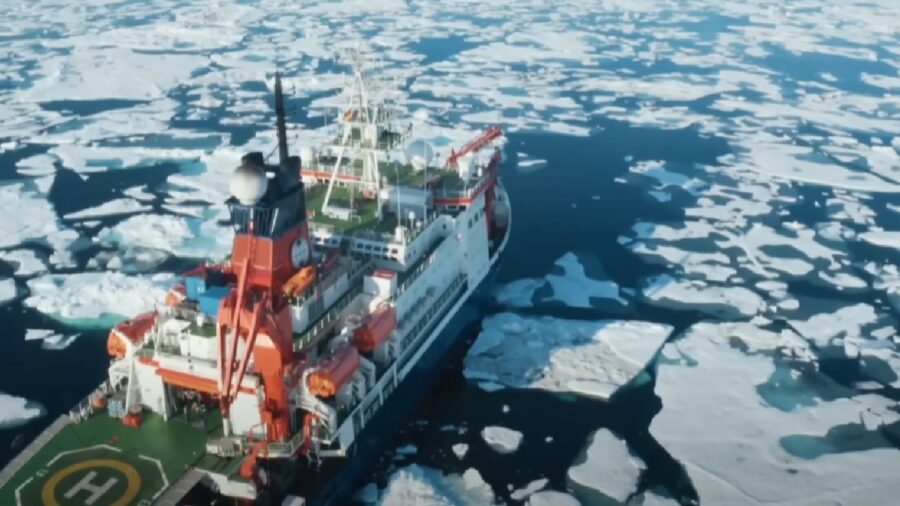
You are now living in a world where global warming has affected the Earth in such a way that it has effectively slowed the rotation of the planet in a measurable way. A new study showed that human-driven climate change has caused enough of the polar ice caps to melt, and the mass of Earth has been redistributed.
Massive Amounts Of Water Are Slowing The Globe
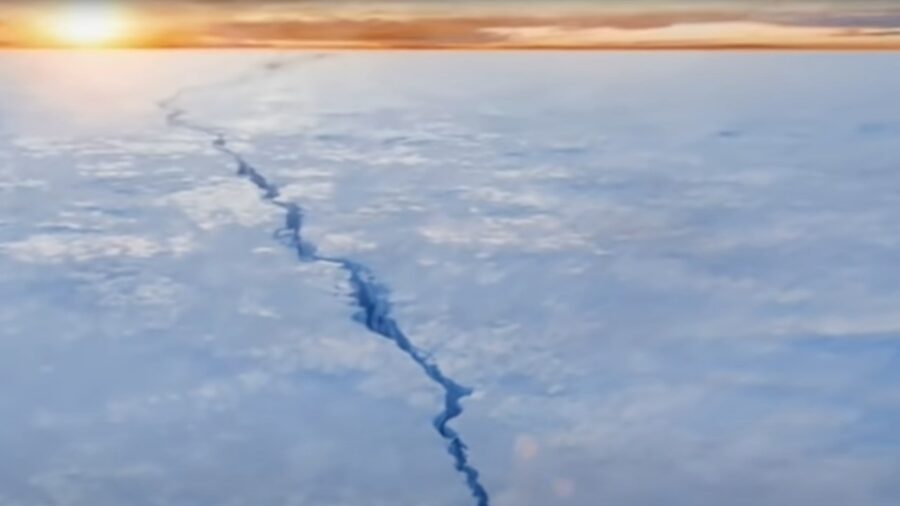
When large pieces of polar ice break off and melt, they create more water for the planet to hold. Due to the planet’s speedy spin, the extra water from the poles makes its way down towards the equator. The typical worry is the rise in sea level, but scientists now have a new element to consider.
For many years, the trend of the Earth’s rotational speed has been to slow down. Around 70 million years ago (long before there were melting polar ice caps), when the Cretaceous dinosaurs were roaming the planet, a day was only about 23.5 hours, and a year was only 372 days. To keep time true and synchronized around the world, it’s common practice to add a nanosecond to the clocks here and there.
Shifting The World’s Clocks
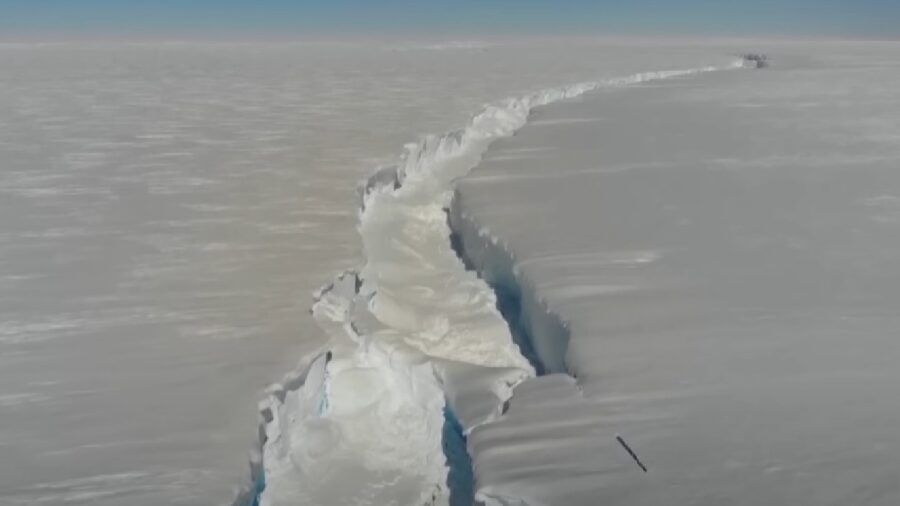
Before recent discoveries, the slowing trend of the Earth’s rotation had shifted the consideration of adding a nanosecond to subtracting a nanosecond from the clock to keep things aligned. Subtracting a nanosecond from the world’s clocks is a bit more difficult than adding nanoseconds.
Subtracting time will likely cause some proper disruptions in economic practices and various other technically driven industries around the globe. However, this new development likely means that the melting polar ice will balance out time for a while, and no shift will need to be made in the world’s clocks for at least the next three years.
Slowing At The Equator
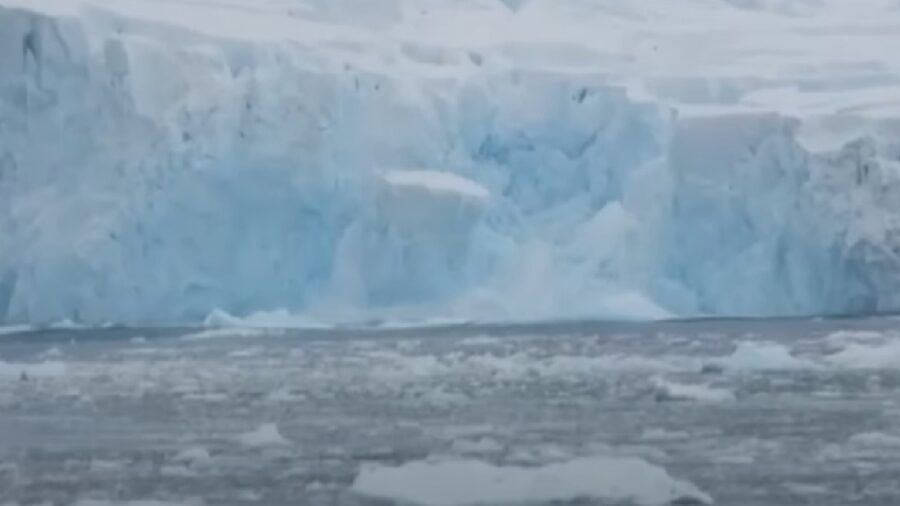
The study head, Duncan Agnew, who is a geophysicist at the Scripps Institution of Oceanography in San Diego, likened the polar ice causing a shift in the Earth’s rotational velocity to the spinning of a figure skater. When the skater has their arms out, they spin slower than when they tuck their arms close to their midsection (or waist).
The addition of mass from melted polar ice around the equator of the Earth (its waist) makes it spin faster. If you think about it, it takes a whole lot of added mass to shift how fast something as big as our planet is rotating. If nothing else, it’s something global warming critics should look at twice.
Impressive And Terrifying

This is an event that has never happened before in history. It’s unprecedented. Humanity’s modernization of the planet and insatiable need for convenience and commerce have done such a number on the Earth that the physical distribution of the planet has changed significantly enough to actually change time. It’s impressive and terrifying all at the same time.
The Day After Tomorrow Could Be The Day After Tomorrow
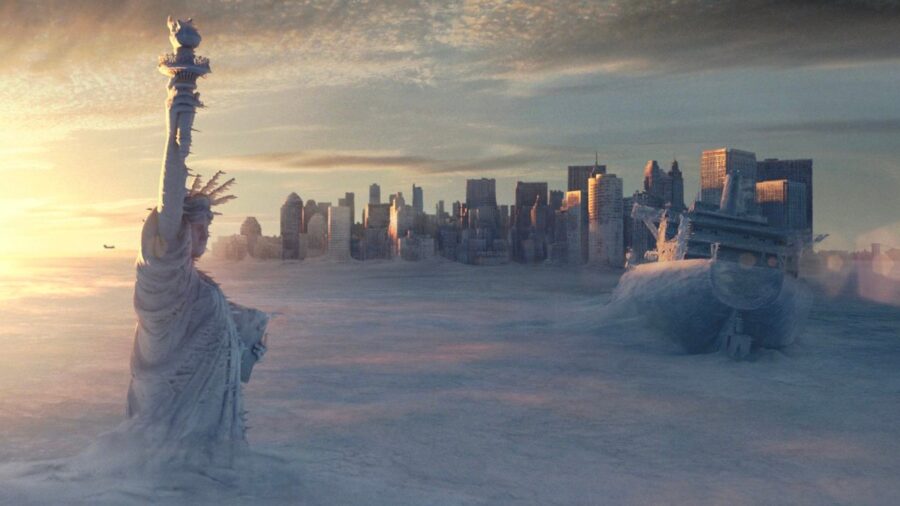
The effects of the melting polar ice caps and global warming will likely begin to accelerate rapidly, and Agnew believes the acceleration of the Earth’s rotation may be a new element humans must consider when working to protect the planet’s future.
Though humanity’s continued aggravation of global warming is detrimental to the planet as a whole, it seems our developed world has now found a way to find the positive perks in the story. Hey, at least we won’t have to change the clocks.
Source: Nature










